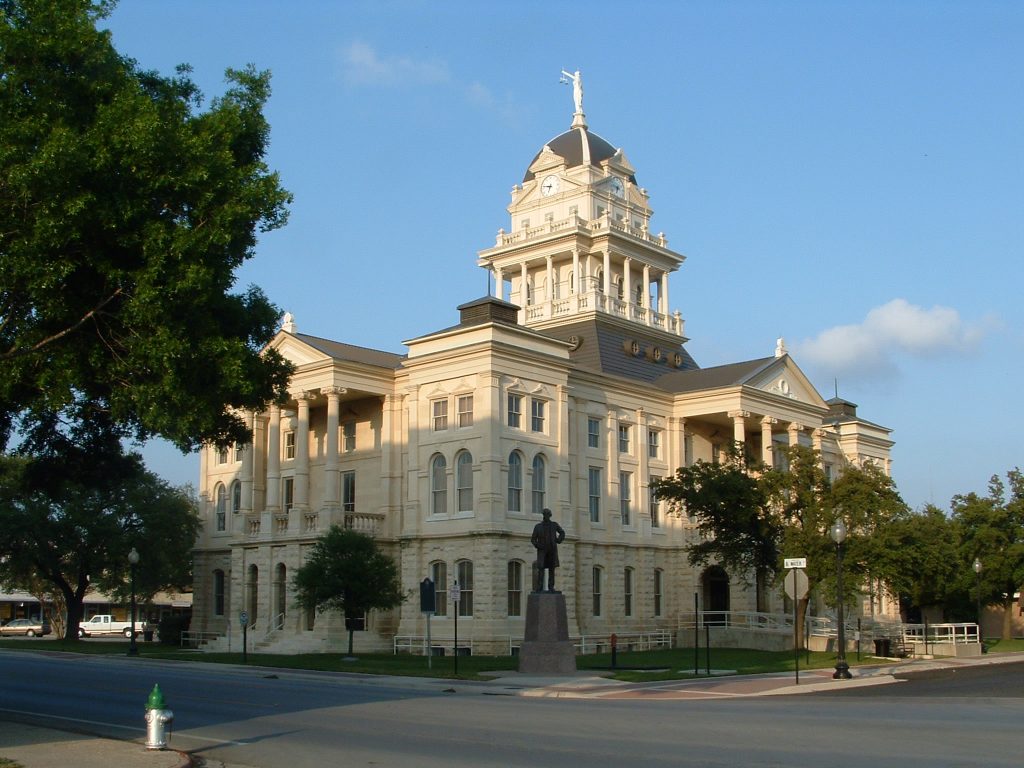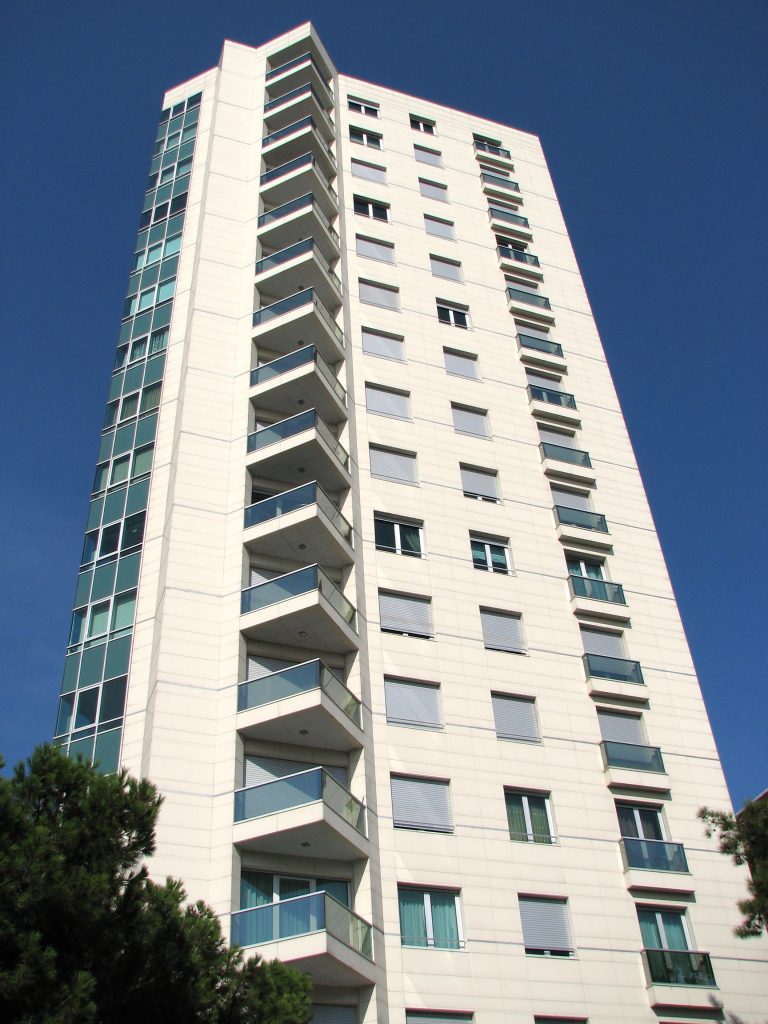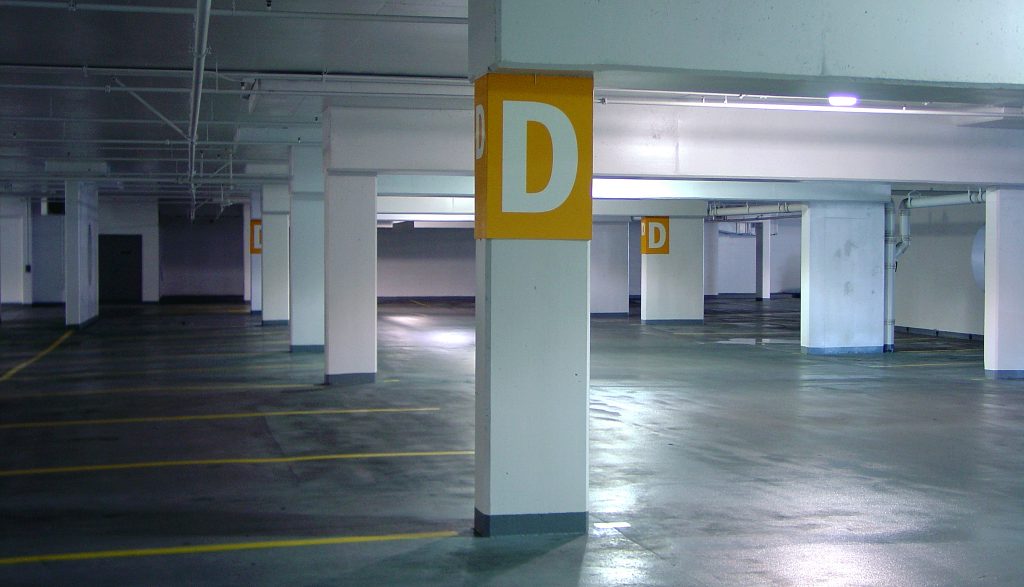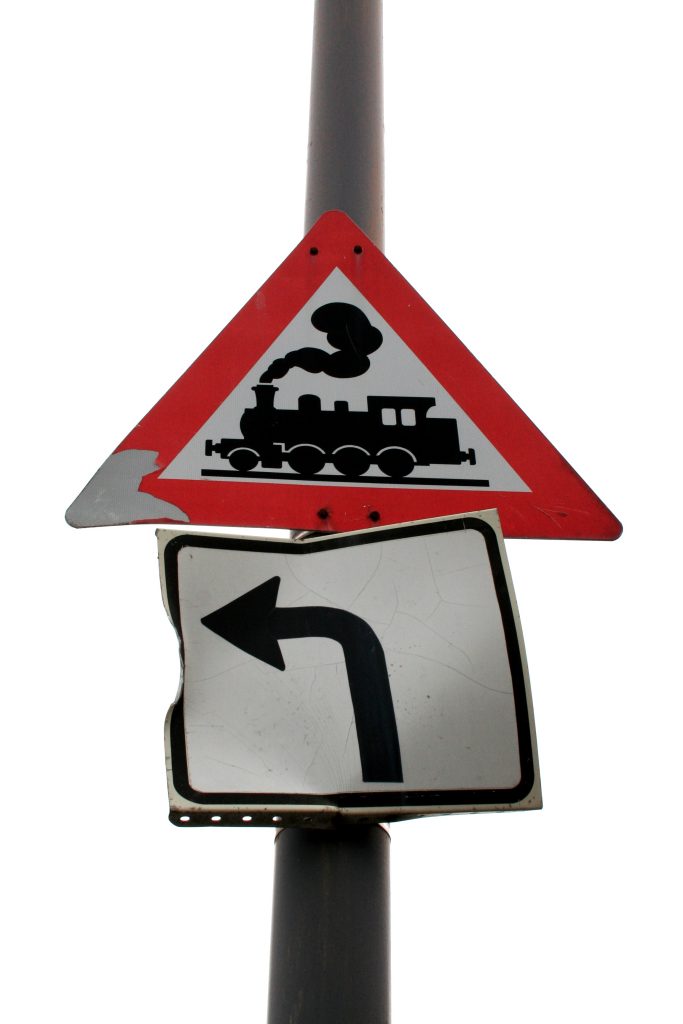 In workers compensation cases, the awarded money benefits can be offset in court to account for other benefits being received by the employee for the same injury like social security disability benefits. If the employer seeks to have the workers compensation benefits offset to account for social security disability they will need to file a “Motion for Recognition of Right to Social Security Offset” pursuant to La. R.S. 23:1225(A). The Louisiana First Circuit Court of Appeal was recently faced not only with a motion to offset due to social security disability but whether or not to include attorneys fees in the pre-offset amount or not. These particular issues arose out of a lawsuit brought by Stephanie Nitcher against Northshore Regional Medical Center (Northshore) for compensation for temporary or permanent total disability benefits, medical treatment and attorney fees.
In workers compensation cases, the awarded money benefits can be offset in court to account for other benefits being received by the employee for the same injury like social security disability benefits. If the employer seeks to have the workers compensation benefits offset to account for social security disability they will need to file a “Motion for Recognition of Right to Social Security Offset” pursuant to La. R.S. 23:1225(A). The Louisiana First Circuit Court of Appeal was recently faced not only with a motion to offset due to social security disability but whether or not to include attorneys fees in the pre-offset amount or not. These particular issues arose out of a lawsuit brought by Stephanie Nitcher against Northshore Regional Medical Center (Northshore) for compensation for temporary or permanent total disability benefits, medical treatment and attorney fees.
On October 30, 2012, Ms. Nitcher was awarded workers compensation benefits including $86,871.84 in past due indemnity, $13,181.13 in interest and $550.47 in appeals costs all from Northshore. In addition, Northshore was ordered to pay Ms. Nitcher permanent total disability benefits in the amount of $329.96 per week from the date of the judgment forward. Ms. Nitcher in addition to the workers compensation benefits being paid by Northshore was receiving social security disability benefits pursuant to 42 U.S.C. § 423. On December 19, 2013, Northshore filed its motion for recognition of the offset of the social security disability benefits, which serves the purpose to allow an employer to offset the amount of money it’s paying out when the employee is essentially receiving payment for the same disabilities from both state and federal entities. The offset sought by Northshore would reduce their weekly payments to Ms. Nitcher by $115.52. Prior to the hearing on Northshore’s motion, Ms. Nitcher filed to have her attorney’s fees taken out of her weekly workers compensation benefits, resulting in $65.81 coming out of the previously awarded $329.96. Northshore’s offset calculation did not deduct the $65.81 prior to calculating the $115.52 offset which resulted in their motion being denied and the judge ordering that Northshore’s offset amount be $49.71 a week lowering the original $329.96 to $279.35.
On appeal Northshore contends that the judge erred in denying the offset amount of $115.52, claiming that pursuant to La. R.S. 23:1225(A) the attorney’s fees did not need to be deducted prior to the offset calculation. The First Circuit Court of Appeal in determining the social security offset first looked to La. R.S. 23:1225(A) which states that the benefits provided for injuries resulting in permanent total disability will be reduced when the person is also receiving benefits under 42U.S.C. Chapter 7 (42 U.S.C. 423) which applies in this case since Ms. Nitcher is receiving benefits both from workers compensation as well as social security disability. From here the appeals court went on to determine how the offset should actually be calculated, the specific issue here being whether or not to calculate pre or post attorney fee deduction. The prior judgment approved the attorney fees deduction from the calculation referring to statutory attorneys fees which do allow for deduction prior to offset calculations, the fees at issue are however not statutory attorneys fees. The attorney’s fees, in this case, are limited by statute but not authorized by statute which would make them statutory attorney fees. The court went further to determine that since there is no Louisiana law that requires an employer to pay attorneys fees in connection with a workers compensation claim, that the only way to do so would be if it were a punitive order. That is however not the case here and since Ms. Nitcher does owe the attorneys fees it was properly deducted from her disability benefits, but Northshore was improperly made responsible for the fees by including the deduction in their offset assessment.
 party. These costs can include expert witness fees, deposition fees, exhibit costs, costs for the clerk of court, the cost of obtaining medical records and related expenses. See La. R.S. 13:3666, and La. C.C.P. art. 1920. Certain costs, such as clerk costs, sheriff’s costs, and the cost of taking a deposition are taxed by the court. La. R.S. 13:4533. Although La. R.S. 13:4533 defines the term “costs,” it does not discuss who is entitled to costs and under what circumstances. In a recent case, the Louisiana First Circuit Court of Appeal discusses the assignment of costs upon a party.
party. These costs can include expert witness fees, deposition fees, exhibit costs, costs for the clerk of court, the cost of obtaining medical records and related expenses. See La. R.S. 13:3666, and La. C.C.P. art. 1920. Certain costs, such as clerk costs, sheriff’s costs, and the cost of taking a deposition are taxed by the court. La. R.S. 13:4533. Although La. R.S. 13:4533 defines the term “costs,” it does not discuss who is entitled to costs and under what circumstances. In a recent case, the Louisiana First Circuit Court of Appeal discusses the assignment of costs upon a party. Louisiana Personal Injury Lawyer Blog
Louisiana Personal Injury Lawyer Blog



 In joint real estate ventures, all partners are presumed to be equal unless agreed otherwise. All parties should have equal decision-making power, share equally in gains and losses, and possess equal interests in the subject property. Cooperation among the partners is essential to the success of the venture. Each person must enter into the transaction with an open mind towards other partner’s ideas and business tactics. However, when one person uses the other partners for his own personal gain, litigation usually follows. This was the unfortunate situation in the following case.
In joint real estate ventures, all partners are presumed to be equal unless agreed otherwise. All parties should have equal decision-making power, share equally in gains and losses, and possess equal interests in the subject property. Cooperation among the partners is essential to the success of the venture. Each person must enter into the transaction with an open mind towards other partner’s ideas and business tactics. However, when one person uses the other partners for his own personal gain, litigation usually follows. This was the unfortunate situation in the following case. Parents love their children very much. It is always a difficult experience to involve a child in a lawsuit. Such an emotionally difficult experience can be soothed by having the best attorney possible. Losing a lawsuit on behalf of one’s child is a traumatic experience, especially after an accident. This is exactly what happened in a recent case of the Louisiana First Circuit Court of Appeal.
Parents love their children very much. It is always a difficult experience to involve a child in a lawsuit. Such an emotionally difficult experience can be soothed by having the best attorney possible. Losing a lawsuit on behalf of one’s child is a traumatic experience, especially after an accident. This is exactly what happened in a recent case of the Louisiana First Circuit Court of Appeal.  Louisiana law awards damages awarded for injuries caused by the intentional, negligent or reckless act of another. These damages are determined by the finder of fact – a jury or judge – after hearing the evidence presented at trial. Even if the factfinder finds that the defendant is at fault, sometimes it is not clear cut what type of damages should be awarded and what amount is proper. A recent case out of Livingston Parish demonstrates how courts in Louisiana allocate damages in personal injury cases.
Louisiana law awards damages awarded for injuries caused by the intentional, negligent or reckless act of another. These damages are determined by the finder of fact – a jury or judge – after hearing the evidence presented at trial. Even if the factfinder finds that the defendant is at fault, sometimes it is not clear cut what type of damages should be awarded and what amount is proper. A recent case out of Livingston Parish demonstrates how courts in Louisiana allocate damages in personal injury cases. When a driver fails to satisfy the standard of care, the driver’s negligence during an automobile accident may be considered in a lawsuit. The standard of care is the amount of caution that must be exercised by a person who is under a duty of care. A case out of Ouachita Parish demonstrates the special rules that a left-turning driver must follow and the presumption of negligence that attaches to a left-turning driver.
When a driver fails to satisfy the standard of care, the driver’s negligence during an automobile accident may be considered in a lawsuit. The standard of care is the amount of caution that must be exercised by a person who is under a duty of care. A case out of Ouachita Parish demonstrates the special rules that a left-turning driver must follow and the presumption of negligence that attaches to a left-turning driver. The Louisiana Workers’ Compensation Act aims to protect employees who suffer on-the-job injuries. But in order to benefit from the act, plaintiffs have the burden of proving their claims. This means providing clear and convincing documentation of your injuries and work limitations. In a recent case, the Louisiana Second Circuit Court of Appeal found that the plaintiff failed in meeting this burden of proof.
The Louisiana Workers’ Compensation Act aims to protect employees who suffer on-the-job injuries. But in order to benefit from the act, plaintiffs have the burden of proving their claims. This means providing clear and convincing documentation of your injuries and work limitations. In a recent case, the Louisiana Second Circuit Court of Appeal found that the plaintiff failed in meeting this burden of proof. Appellate courts are reluctant to reverse a trial court’s judgment based on the argument the trial court failed to properly evaluate the evidence. Deference to a lower court is the norm. A recent decision by the Louisiana First Circuit Court of Appeal in DeBlanc v. Albertson’s highlights the principle of judicial deference.
Appellate courts are reluctant to reverse a trial court’s judgment based on the argument the trial court failed to properly evaluate the evidence. Deference to a lower court is the norm. A recent decision by the Louisiana First Circuit Court of Appeal in DeBlanc v. Albertson’s highlights the principle of judicial deference. According to the Alzheimer’s Association, 5 million people are currently living with Alzheimer’s disease. Statistics also show that people age 70 are 61% more likely to die from the disease before they turn the age of 80, compared to 30% of the people living without it. So what is Alzheimer’s disease? It is a type of dementia that causes problems with memory, thinking, and behavior. Symptoms worsen over time, rarely get better and are so severe that they can interfere with the daily lives of these individuals. A recent case out of the Louisiana First Circuit Court of Appeal is illustrative of just some of the hardships those who suffer from Alzheimer’s disease face.
According to the Alzheimer’s Association, 5 million people are currently living with Alzheimer’s disease. Statistics also show that people age 70 are 61% more likely to die from the disease before they turn the age of 80, compared to 30% of the people living without it. So what is Alzheimer’s disease? It is a type of dementia that causes problems with memory, thinking, and behavior. Symptoms worsen over time, rarely get better and are so severe that they can interfere with the daily lives of these individuals. A recent case out of the Louisiana First Circuit Court of Appeal is illustrative of just some of the hardships those who suffer from Alzheimer’s disease face.  Concursus proceedings can be complicated. In a concursus proceeding, multiple parties assert competing claims to money or property.
Concursus proceedings can be complicated. In a concursus proceeding, multiple parties assert competing claims to money or property.